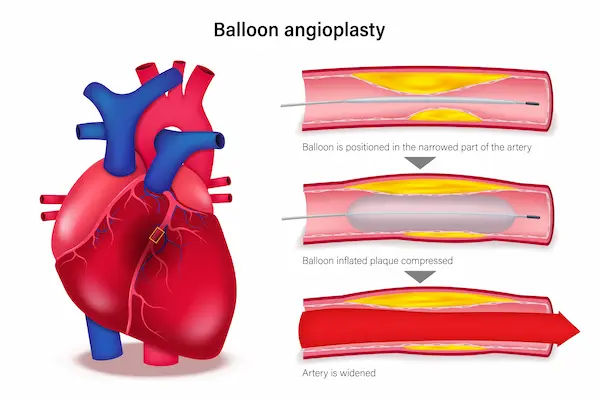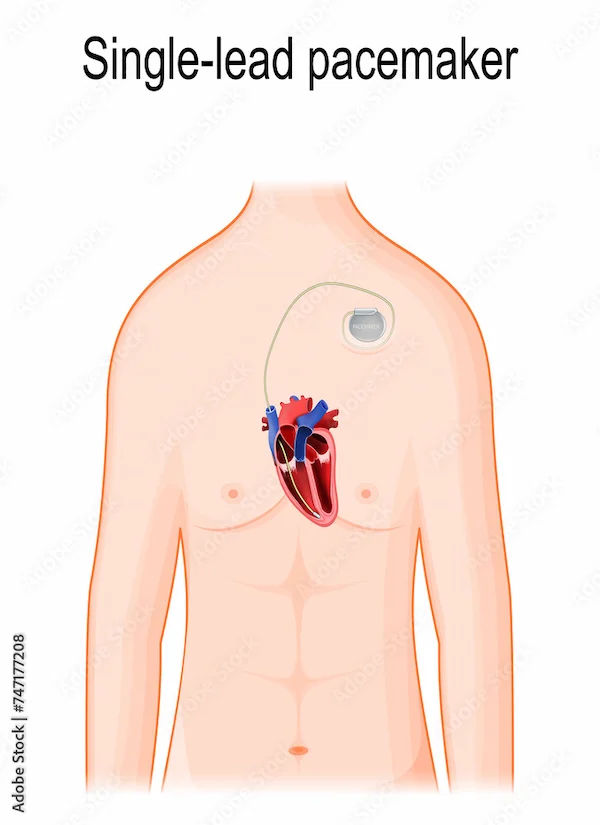- male
- 50 Years
- 31/03/2021
Is Egg good for heart?
Answered by 1 Apollo Doctors
Most healthy people can eat up to seven eggs a week without increasing their risk of heart disease. Some studies have shown that this level of egg consumption may even help prevent certain types of stroke.
Dr. Dhankecha Suggests...
Consult a Cardiologist
Answered 04/07/2025
0
0


Ask Apollo
AI powered Health Chatbot
Eggs can be a part of a heart-healthy diet for a 50-year-old male when consumed in moderation. Here are some key points to consider:
-
Nutritional Benefits:
Eggs are rich in high-quality protein, vitamins, and minerals that support overall health. -
Cholesterol Concerns:
While eggs contain cholesterol, recent research suggests that for most people, dietary cholesterol has a smaller impact on blood cholesterol levels than previously thought. -
Moderation is Key:
Eating up to one egg per day is generally considered safe for heart health in healthy individuals. -
Individual Health Factors:
If you have existing heart disease, diabetes, or high cholesterol, it's best to consult your doctor for personalized advice. -
Balanced Diet:
Incorporate eggs as part of a balanced diet rich in fruits, vegetables, whole grains, and healthy fats.
If you have specific health conditions or concerns, discussing your diet with a healthcare provider or a dietitian can help tailor recommendations to your needs.
Recommended next steps
Consult a Cardiologist or Consult a Clinical Nutritionist
Answered 20/08/2025
0
0
More Cardiology Health Queries
View allI've been experiencing this chest pain that only lasts for like 5 or 6 seconds. It's pretty puzzling and a bit worrying to me. I'm curious about what could be causing it. Any insights?
Ecg and chest-ray pa view is advised to the patient.
Answered by 1 Apollo Doctors
I've been experiencing some really strange sensations around my heart. It feels heavy, like my heart is beating too hard or could stop at any moment. Sometimes I even feel like an electric shock goes through my body. I've had an echo and TMT test, and both came back normal. The doctors say my heart is perfect and healthy, but I can't shake the feeling that I might have a cardiac arrest or heart attack at any time. I'm 18 years old and honestly, it's kind of freaking me out. Can you give me some advice or insights on what might be going on?
yes u can use it, visit ur physician for apprpropriate managent
Answered by 1 Apollo Doctors
I've been feeling my pulse really strongly all over, like in my head and fingers, for about a year now. I went to see a doctor and he did an ECG, but it came back normal. He said it's not a disease and might just be stress. I'm really curious if there's anything I can do to make this go away. Any suggestions would be helpful.
Having a strong pulse that can be felt in various parts of the body can indeed be related to stress. To help reverse this, you can try relaxation techniques such as deep breathing exercises, yoga, or meditation to help reduce stress levels. Additionally, you can consider taking a beta-blocker medication such as Metoprolol (25-50mg once daily) to help lower your heart rate and reduce the sensation of a strong pulse. It's important to continue following up with your doctor for further evaluation and management.
Answered by 1 Apollo Doctors
Disclaimer: Answers on Apollo 247 are not intended to replace your doctor advice. Always seek help of a professional doctor in case of an medical emergency or ailment.





